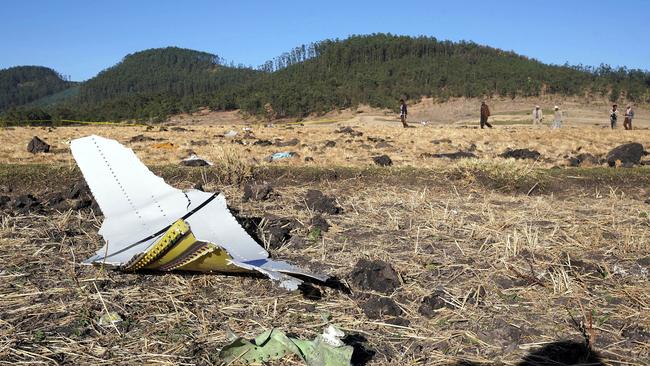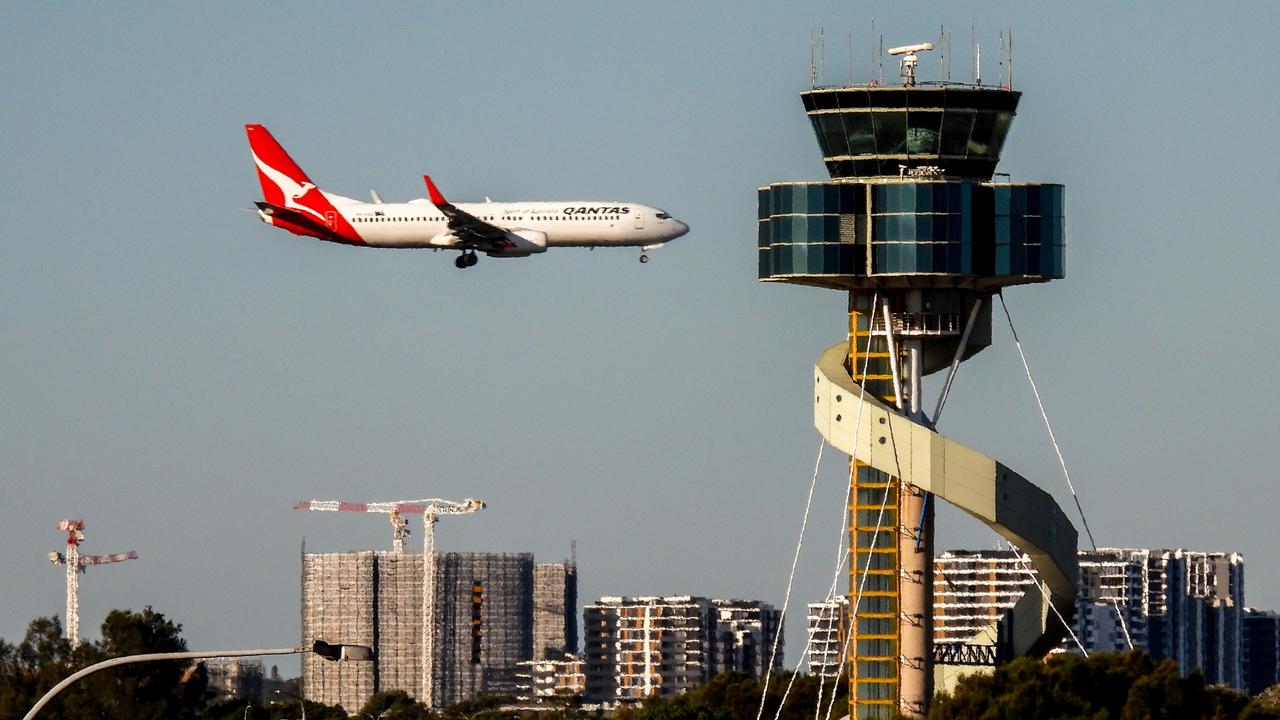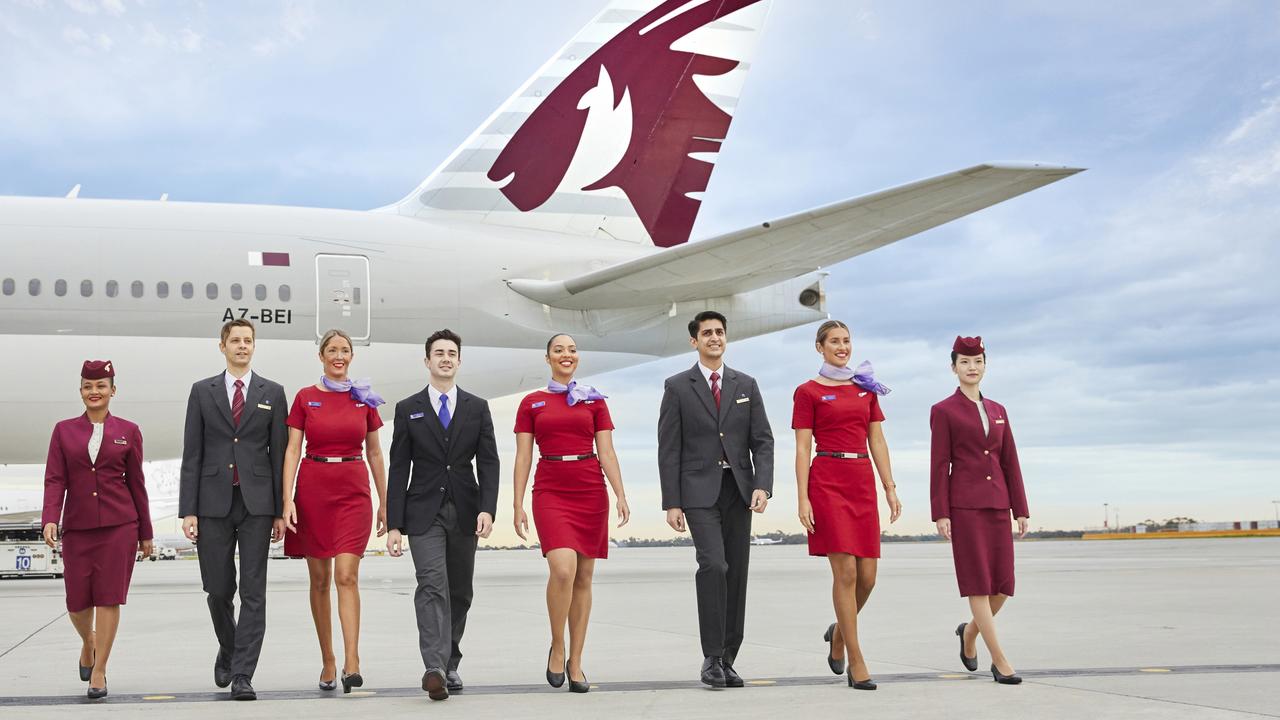Virgin sticking with Boeing 737 MAX 8 aircraft
Virgin is still committed to Boeing 737 MAX 8 despite other airlines grounding fleets after two crashes involving the planes.

Virgin Australia remains committed to taking delivery of Boeing 737 MAX 8 aircraft this year despite the deaths of 346 people in two crashes involving the near-new planes.
On Sunday, an Ethiopian Airlines crash near Addis Ababa killed all 157 people on board, and on October 29 last year, a Lion Air crash involving a 737 MAX 8 killed 189 people in Indonesia.
In both cases, the aircraft crashed minutes after takeoff, after the pilot requested to turn back due to technical difficulties.
Late on Monday, investigators found the plane’s black box containing flight data and cockpit voice recorders.
Ethiopian Airlines yesterday grounded its remaining five 737 MAX 8s and China’s Civil Aviation Administration ordered the country’s airlines not to fly them until more was known. Indonesia, Soiuth Africa and the Cayman Islands also grounded their 737 Max 8 fleet.
However, Virgin Australia’s order for 30 737 MAX 8s, worth an estimated $5 billion, remained in place as the airline awaited the outcome of the crash investigations.
Boeing’s stock, which had bene soaring since the start of the year, plunged on Monday after the Ethiopian Airlines crash.
The first $172 million aircraft is due to be delivered in November and will be used on domestic routes. Virgin International Pilots Association president John Lyons said he did not want to comment on apparent similarities between the two Boeing 737 MAX 8 crashes.
“VIPA continues to have the utmost confidence in the Boeing 737 and the rigorous training that Virgin Australia provides its pilots,” said Captain Lyons.
Qantas has none of the troubled aircraft on order, but is expected to make a decision on new aeroplanes for its domestic fleet next year.
Black box recorders from Flight ET302 were expected to shed light on the crash that occurred in clear conditions 50km south of Addis Ababa.
Data published by the Flight Radar 24 website showed the aircraft was experiencing unstable vertical speed after takeoff, which may have prompted the pilot’s request to turn back. Australian Federation of Air Pilots safety and technical manager Marcus Diamond said vertical speed was a flight data measurement of primary importance.
He said it was too early to say if the 737 MAX 8’s controversial “anti-stalling system”, known as MCAS (or manoeuvring characteristics augmentation system), would have been activated in those circumstances. “I don’t know enough about that system. I don’t think any pilot does,” Mr Diamond said.
The MCAS feature was largely unheard of until the US Federal Aviation Administration issued an emergency airworthiness directive following the Lion Air crash to alert pilots to its existence. Designed to prevent an aircraft stalling, MCAS issues repeated nose-down commands to the aircraft even overriding the pilot’s actions.
In the preliminary report on the Lion Air crash, investigators found the pilot fought with the plane after wrong information from the angle of attack sensors triggered the MCAS.
Aviation consultant Neil Hansford said it appeared aircraft manufacturers had gone too far in trying to “dumb down” the requirements for pilots when flying a plane.




